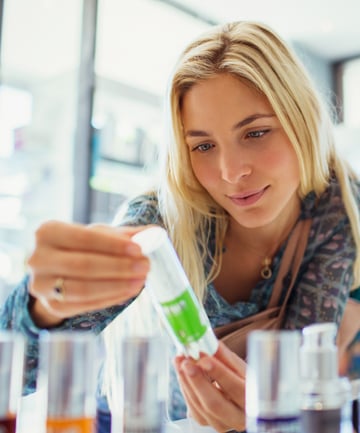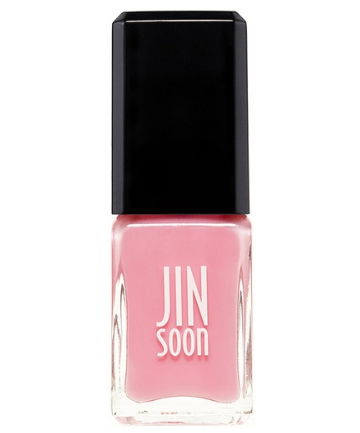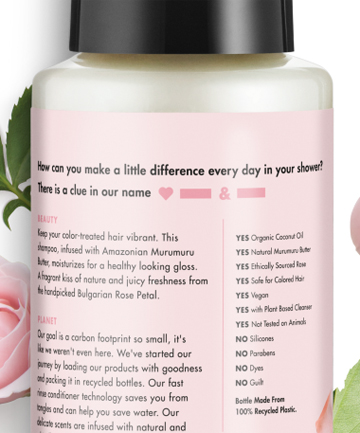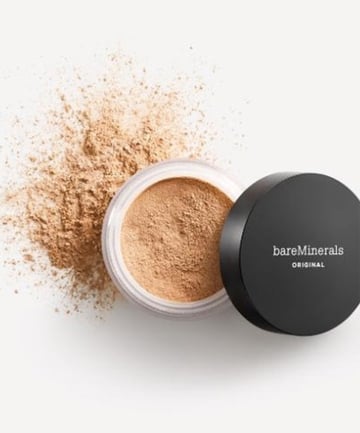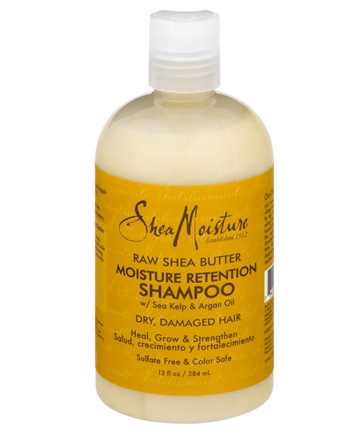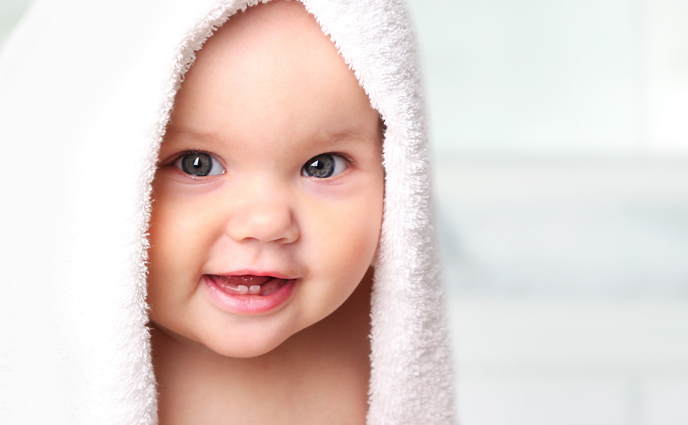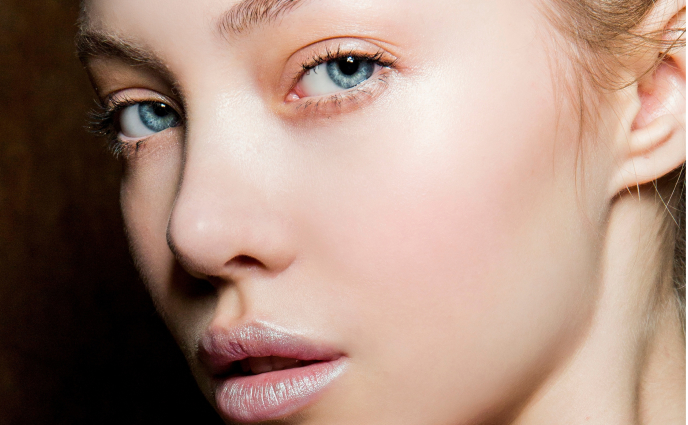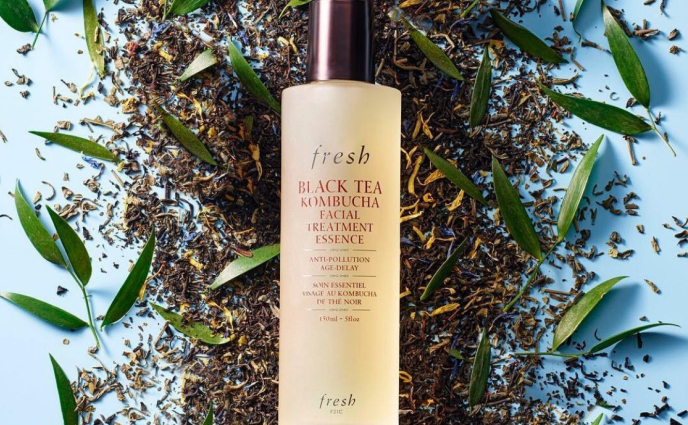BPA, or bisphenol A, has been used to make certain plastics and resins since the 1960s but is becoming increasingly unpopular in recent years due to its negative health implications. It's often used in the packaging of various beauty products, which can be potentially hazardous for anyone using such products. "BPA is a highly unstable chemical that can infiltrate into whatever is being contained by it," Engelman warns. "It disrupts the endocrine system, leading to breast and prostate cancer, infertility, heart disease, diabetes, etc." It's especially not recommended for pregnant women, as fetal exposure has been linked to a myriad of developmental issues and behavioral problems.
Image via Getty
Image via Getty
You've probably heard of this ingredient, which is commonly found in household products, but it's also lurking in your beauty products. It's used as a preservative in everything from hair dyes and relaxers to hair removers to smoothers. "This chemical has been linked to cancer, as well as other nervous system issues, like chest pain, coughing, trouble breathing and respiratory irritations," Engelman says. Especially during pregnancy, she recommends looking for nail polishes labeled 3-Free or 5-Free, such as Jin Soon or Butter London, which do not use this chemical.
Image via Jin Soon
Image via Jin Soon
Look on the ingredient list of many of your beauty products and you'll likely find a slew of chemicals that end in -paraben, such as methylparaben, butylparaben, ethylparaben, propylparaben, etc. These are all preservatives that prevent the growth of harmful bacteria in everything from lotions to mascara. However, Anate Brauer, MD, a reproductive endocrinologist at the Greenwich Fertility and IVF Centers and assistant professor of OB/GYN at NYU School of Medicine, says that these chemicals have weakly estrogenic properties that have been linked to potential growth issues in male fetuses. "While it's almost impossible to completely avoid parabens altogether throughout pregnancy, it's reasonable to limit them," she says. "Since controversy over the preservative has increased in recent years, many products, which are 'paraben-free' are now labeled as such."
Image via Love Beauty and Planet
Image via Love Beauty and Planet
This ingredient, mainly found in beauty products and used to help stabilize the formula, has been linked to everything from liver, kidney and lung conditions to reproductive issues, says Engelman. It's best to avoid phthalates when possible, especially during pregnancy, since they have also been linked to undescended testicles and hypospadias, birth defects and lifelong reproductive problems in both male and female babies, according to Ross.
BareMinerals, Korres and Tarte are some makeup and skin care lines that are phthalate-free.
Image via @bareminerals
BareMinerals, Korres and Tarte are some makeup and skin care lines that are phthalate-free.
Image via @bareminerals
Look on the back of every shampoo and body wash you own and you'll likely find this unsuspecting chemical, which acts as a foaming agent in many soaps and washes. According to Engelman, the issue with sodium lauryl sulfate, or SLS, is the level of concentration — it can be too irritating by cosmetic standards. "Our body is not able to break this chemical down and with prolonged exposure, it can cause issues with the nervous system and kidney and liver function," she says. "If ingested, it can cause nausea, vomiting or diarrhea." Some SLS-free shampoos to use through pregnancy include Ouai Repair Shampoo, $28, Shea Moisture Raw Shea Butter Moisture Retention Shampoo, $11.49 and Aveeno Pure Renewal, $5.99.


